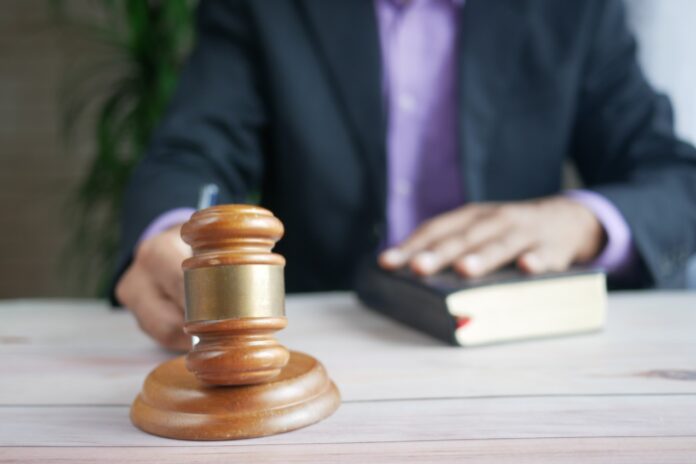If you have filed a case for getting a restraining order, you may be worried about the procedure and the things which take place in the court. However, some level of nervousness and worry is normal. Therefore, you should consider hiring a lawyer for your case. They help in preparing all the technical aspects of the case and guide to handling hearings as well. Furthermore, a lawyer will guide you on each step so you do not commit any mistakes.
Here are some tips for court hearings that can help you.
Avoid panicking
It is human behavior to fret or get nervous in cold settings. However, panicking will lead you nowhere. You may end up doing things that can harm your case and ruin your representation in court. A lot of court proceedings take place on a virtual basis as well. Always make sure to consult with the jurisdiction of your area about the details of your hearing and whether it is virtual or in person.
Seek guidance from advocates and legal experts
The state coalitions have a team of attorneys and professionals answerable to victims considering getting a restraining order. If you are stuck and confused about an issue, it is suggested to consult them and research the particular issue before you go for the court hearing. You can also see the guidance of domestic violence shelters present in your locality and their legal team for guiding you in the process. They generally have all the necessary information and details for preparing legal representation in a court hearing. You can seek their help to collect necessary information about the case and what to expect from the hearing.
Get all your documents ready
The legal procedures have an extensive amount of paperwork. However, it is necessary to take them seriously and file them with the help of a legal expert. Make sure to complete all the forms and paperwork in advance so that you do not have to worry about the end moment.
Collect proof and witness testimonies
A case becomes stronger if it is backed up by substantial proof and statements from witnesses who can confirm the abusive conduct which took place with the victim. The witnesses can be family members, kids, law-enforcement officers, medical providers, or coworkers. Other proof of the abuse includes photographs, videos of injuries and broken things, medical records, police reports, call recordings, text messages, etc. These sources of evidence help establish the abuse that took place and the victim’s innocence.
Find a Home-Based Business to Start-Up >>> Hundreds of Business Listings.

















































